Corporate governance destroys democracy by replacing accountability to citizens with accountability to a few major stockholders and boards of directors who want reduced costs and increased profits. This change in accountability means moral values, such as protecting and empowering/educating citizens, are missing from corporate mission statements.
Corporate governance, a factor in Fascism, is the erosion of representative governance through the massive funding from the ONE% (Citizens United) to elect their preferred representatives, vast numbers of corporate lobbyists to deliver daily corporate demands to their representatives, and predatory privatization of, among other public resources, our public education system.
George Lakoff writes about the importance of our public education system for maintaining our democracy in chapter 15 of The Little Blue Book:
The Founding Fathers were right: public education is necessary for democracy as well as a vibrant economy. Freedom requires education. You are not free if you don’t know what’s possible for you, what affects you, and how to do things you care about. Education is centrally about self-realization, about what you are free to become.
You are not free if you are not an educated citizen who can play his or her part in a democracy. Educated citizens have to know about the full range of issues that concern their society, and they have to be able to understand the background of these issues.
No society can maintain liberty without freethinking people and access to knowledge. Imagine if access to information of any kind cost what a first-class education can cost, upward of forty thousand dollars in a year. Only the wealthy could afford it, and since knowledge is power, money would run society without challenge.
We are now moving in that direction.
…
A democratic society requires education that is both widespread and deep. It is a social matter. Every day we depend on others being educated, both for practical things in life and for our political freedom.
Lakoff also warns that predatory privatization of our public educational system is immoral when it prevents the empowerment of citizens through “education that is both widespread and deep:”
Privatization can be predatory and downright immoral when, for the sake of profit, it removes or prevents the protection and empowerment of the public, whether by handing our kid’s education over to corporations or by putting our water supply in corporate hands.
Corporate governance, through predatory privatization of our education system, results in a skills-based education which replaces critical pedagogy by teachers with standardized teaching scripts that any adult could follow, and replaces critical thinking by students with students who will do as directed and bow to their corporate governors by being faithful consumers – not educated citizens who can help maintain democracy. Henry Giroux, a professor of education, was recently interviewed about the adverse effects of corporate governance on America’s public education system. He discusses the stifling of critical pedagogy and the elimination of the teaching critical thinking. Here are some excerpts:
JMBT: … Who, actually, has control over the production of knowledge?
HG: … At the current moment, it is fair to say that the dominant mode of power shaping what counts as knowledge takes its cue from what can be called neoliberalism or what can be called unfettered free-market capitalism. Market fundamentalism that not only trivializes democratic values and public concerns, but also enshrines a rabid individualism, an all-embracing quest for profits, and a social Darwinism in which misfortune is seen as a weakness and a Hobbesian “war of all against all†replaces any vestige of shared responsibilities or compassion for others.
Free market fundamentalists now wage a full-fledged attack on the social contract, the welfare state, any notion of the common good, and those public spheres not yet defined by commercial interests. Within neoliberal ideology, the market becomes the template for organizing the rest of society. Everyone is now a customer or client, and every relationship is ultimately judged in bottom-line, cost-effective terms.
Freedom is no longer about equality, social justice, or the public welfare, but about the trade in goods [like guns], financial capital, and commodities.
The production of knowledge at the heart of this market driven regime is a form of instrumental rationality that quantifies all forms of meaning, privatizes social relations, dehistoricizes memory, and substitutes training for education while reducing the obligations of citizenship to the act of consuming. The production of knowledge in schools today is instrumental, wedded to objective outcomes, privatized, and is largely geared to produce consuming subjects.
The organizational structures that make such knowledge possible enact serious costs on any viable notion of critical education and critical pedagogy. Teachers are deskilled, largely reduced to teaching for the test, business culture organizes the governance structures of schooling, knowledge is viewed as a commodity, and students are treated reductively as both consumers and workers. Knowledge is the new privileged form of capital and at least in the schools is increasingly coming under the control of policies set by the ultra-rich, religious fundamentalists, and major corporate elites [corporate governance].
…
JMBT: … Are school texts edited by corporate enterprise promoting the dissociation between teachers and the reality of society?
HG: In authoritarian societies, control over the production, distribution, and circulation is generally in the hands of the government, or what might be termed traditional modes of political sovereignty. But in neoliberal societies, sovereignty is often in the hands of major corporations that now have power over not only the production of knowledge but also over the implementation of policies that bear down on matters of life and death, living and surviving.
In the U.S., major corporations have a huge impact on what gets published, how it is distributed, and exercises an enormous influence over what type of knowledge is legitimated. Conservatives, especially religious fundamentalists [Texas State Board of Education] also exercise an enormous influence over what text will be distributed in schools and have a significant impact on corporate controlled book publishing because if such texts are adopted for classroom use, there are enormous profits to be made.
The end result of this controlling regime of finance capital and religious and conservative fundamentalism is an all-out cleansing of critical thinking from most educational books now being used in the schools, especially the public schools. Add to this the push for standardized testing, standardized knowledge, and standardized texts and teacher proof text books and it becomes clear that such books are also an attack on the autonomy and creativity of teachers. In authoritarian societies the logic of routine, conformity, and standardization eliminates the need for critical thinking, historical analyses, and critical memory work. Dialogue disappears from such texts and teachers are reduced to mere clerks teaching what is misrepresented as objective facts.
One possible antidote for the corporate destruction of our democracy is bringing democracy into the workplace, as suggested by Richard D. Wolff. This could eventually eliminate the elitist boards and tame any greedy key shareholders, and eliminate their collective need to buy Congress, hire lobbyists, and privatize the Public.
If citizens, as workers, could own and manage most businesses, then we could not only restore but improve our democracy – government by the people, for the people, and of the people – by brining democracy to our workplaces.
(If the workplace became democratic, what does that say about the Citizens United decision by the US Supreme Court and the need for a constitutional amendment to overturn that decision?)



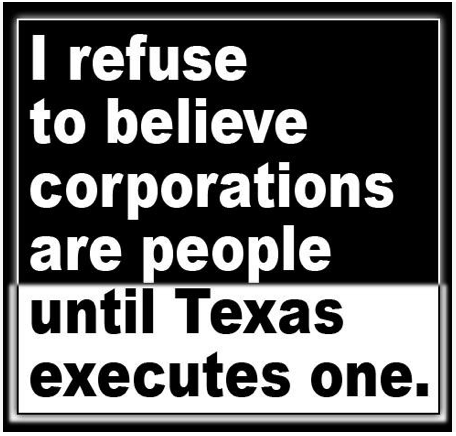
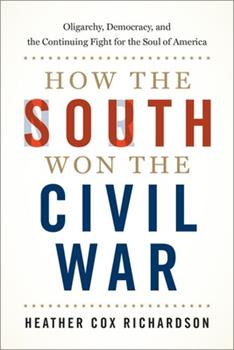
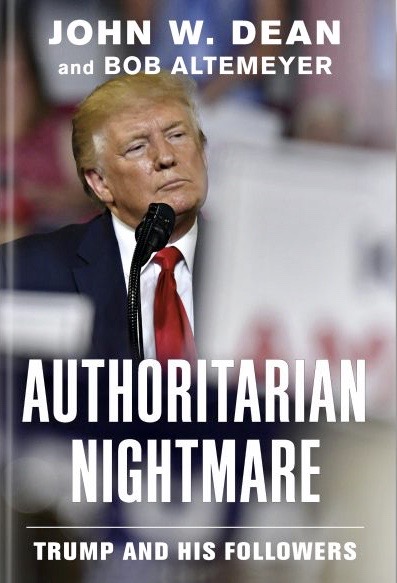
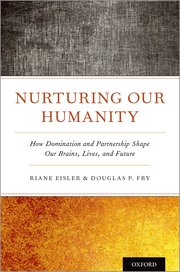
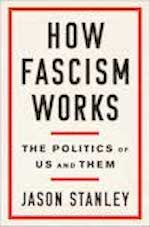
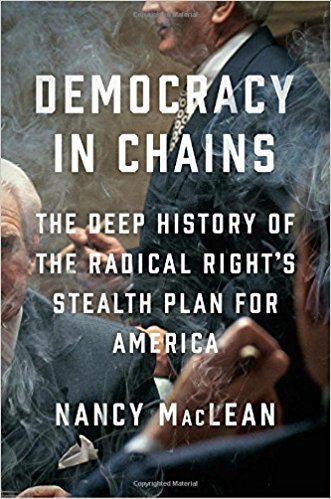

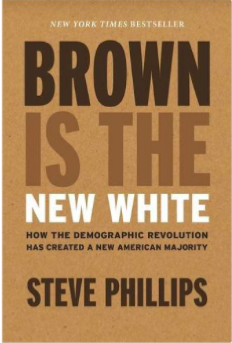

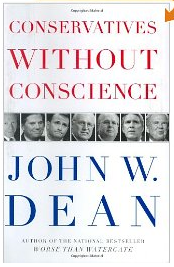

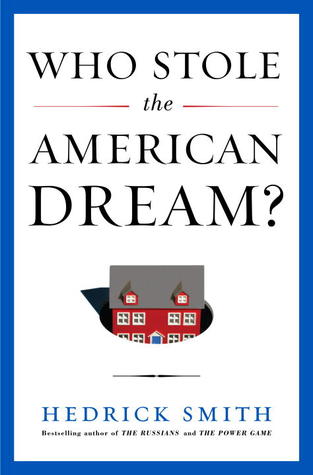
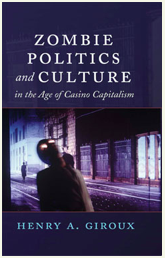
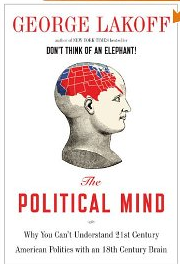
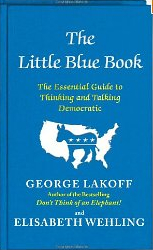
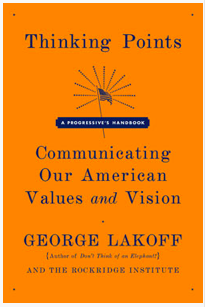

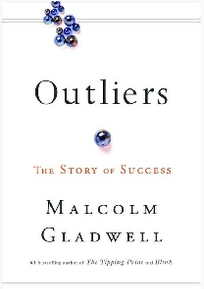





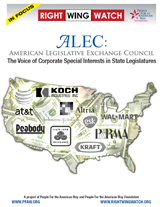
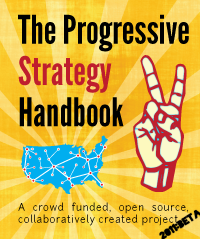
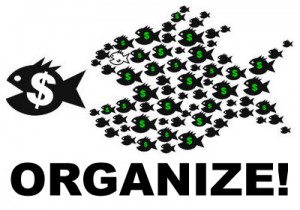

One Response to Corporate Governance Erodes Democracy As Education is Privatized